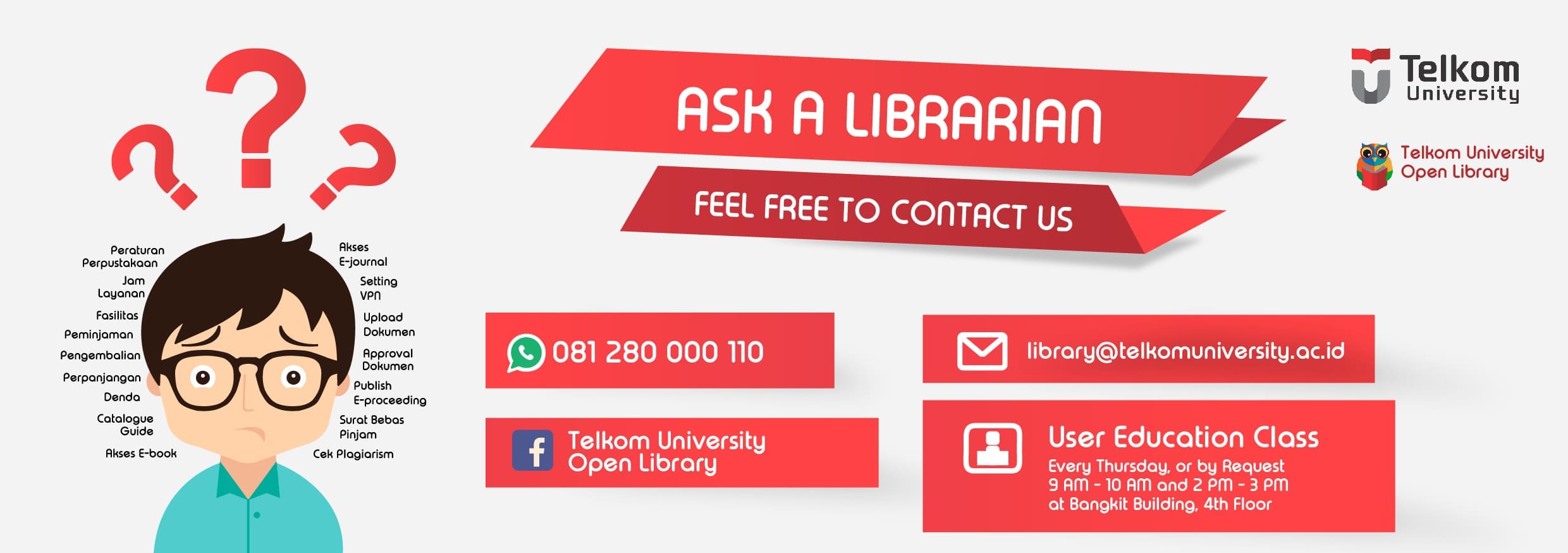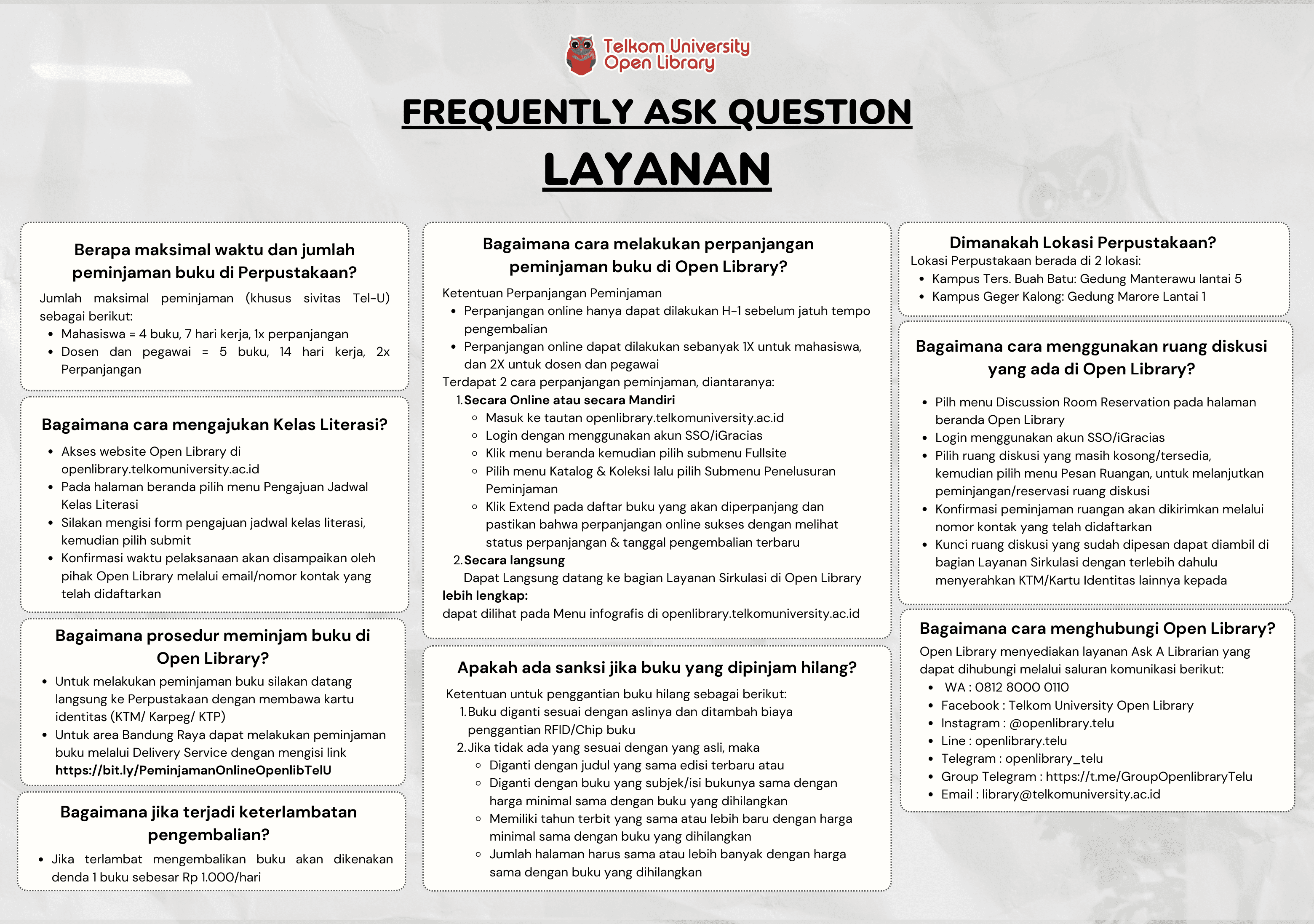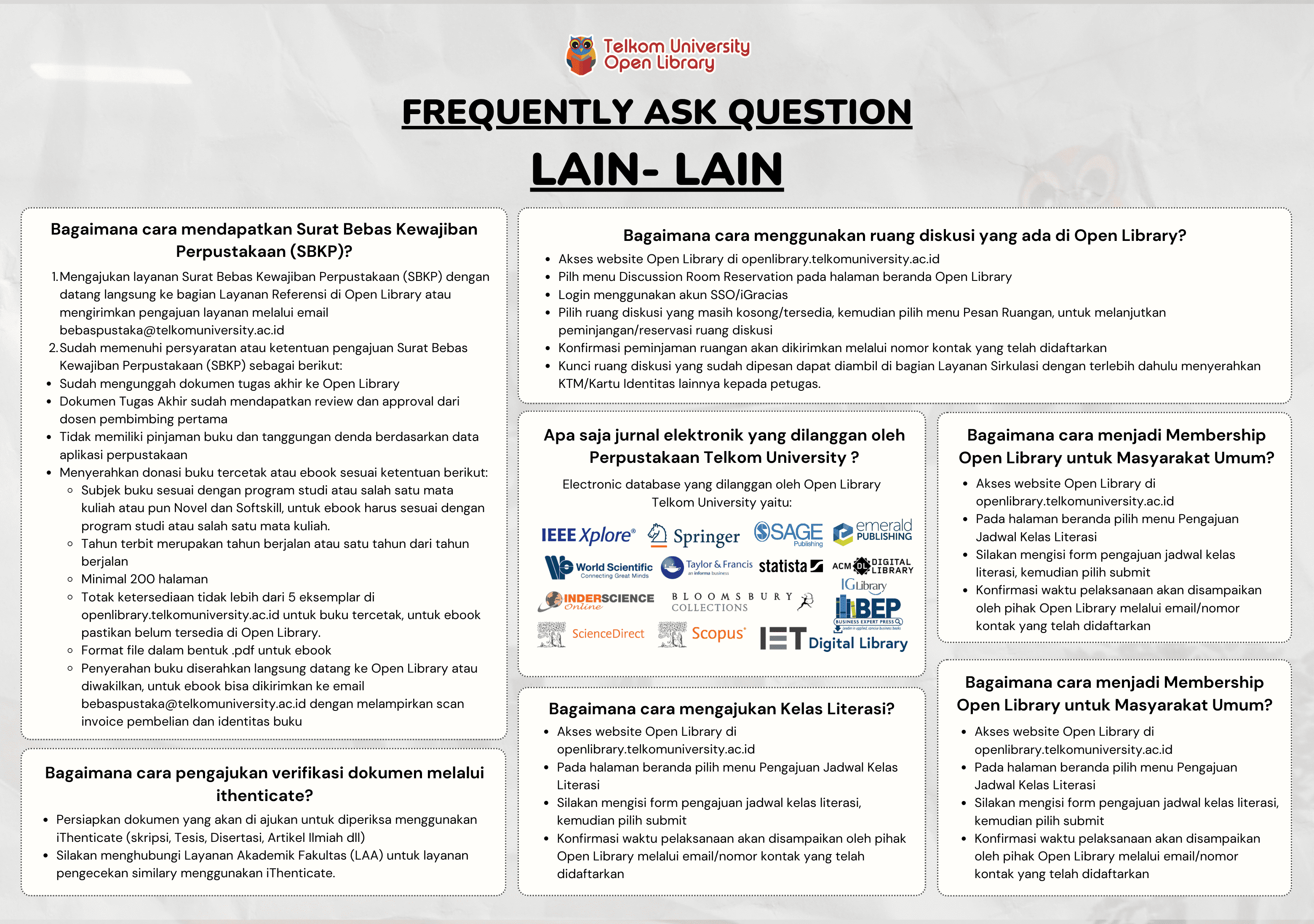PENGARUH PERCEIVED EASE OF USE, FACILITATING CONDITIONS, DAN RISK PERCEPTION TERHADAP BEHAVIORAL INTENTION DALAM MENGGUNAKAN QRIS DI KALANGAN PENGGUNA MOBILE BANKING - Dalam bentuk buku karya ilmiah
FAIZ AMRULLAH IBNU PURWANTO

Informasi Umum
Kode
25.05.306
Klasifikasi
332 - Financial economics
Jenis
Karya Ilmiah - Thesis (S2) - Reference
Subjek
Accounting-finance Enterprises
Dilihat
39 kali
Informasi Lainnya
Abstraksi
<br /> <meta charset="utf-8" /> <p dir="ltr"><b id="docs-internal-guid-5f9dec28-7fff-3480-3c77-5f9a59cd08ed">Background: The rapid development of digital payment systems in Indonesia has transformed the way transactions are conducted, with QR (Quick Response) payment emerging as a popular method. QR payment systems leverage the convenience of smartphones to enable cashless transactions, allowing users to make payments by scanning QR codes through mobile applications. This technology aligns with Indonesia's push toward becoming a cashless society, driven by the increasing penetration of smartphones, the proliferation of fintech solutions, and the government's commitment to advancing financial inclusion. </b></p>
<p dir="ltr"><b id="docs-internal-guid-5f9dec28-7fff-3480-3c77-5f9a59cd08ed">Objective: QR payment is a crucial component of Indonesia's digital economy, providing ease of use, faster transactions, and less dependence on cash, yet faces challenges like cybersecurity risks, varying digital literacy, and limited internet access, prompting this study to explore consumer behavior in digital transformation and financial inclusion among university students.</b></p>
<p dir="ltr"><b id="docs-internal-guid-5f9dec28-7fff-3480-3c77-5f9a59cd08ed">Methodology: This study aims to analyze the effectiveness of using cashless payments among Telkom University students. Using theory of the Unified Theory of Adoption and Use of Technology (UTAUT) and Technology Acceptance Model (TAM) for the based theory. A total of 100 complete and usable questionnaires were collected from Telkom University students to test the hypothesis. </b></p>
<p dir="ltr"><b id="docs-internal-guid-5f9dec28-7fff-3480-3c77-5f9a59cd08ed">Results: The results of the study show that facilitating conditions, ease of use and risk perception have a major effect on behavioral intention in payments.</b></p>
<p dir="ltr"><b id="docs-internal-guid-5f9dec28-7fff-3480-3c77-5f9a59cd08ed">Conclusion: We conclude that facilitating conditions, ease of use and risk perception are influential towards behavioral intention in payments. not all respondents have the same conditions when making payments. This also affects behavioral intention where the respondent will continue to use cashless payment, due to the influence of circumstances and conditions for making payments.</b></p>
<p dir="ltr"><b id="docs-internal-guid-5f9dec28-7fff-3480-3c77-5f9a59cd08ed">Unique Contribution: This research contributes to understanding the influence of factors such as perceived ease of use, facilitating conditions, and risk perception on university students' behavioral intention to use QR payment systems, while also highlighting the challenges faced in adopting this technology in Indonesia.</b></p>
<p dir="ltr"><b id="docs-internal-guid-5f9dec28-7fff-3480-3c77-5f9a59cd08ed">Key Recommendation: To enhance QR payment adoption among university students in Indonesia, it is recommended to improve digital literacy through targeted education, streamline user interfaces for better experience, strengthen security features to alleviate risk perceptions, ensure accessibility for all students, and foster collaborations with fintech companies for tailored solutions.</b></p>
<p dir="ltr"><b id="docs-internal-guid-5f9dec28-7fff-3480-3c77-5f9a59cd08ed">Keywords— Finance, Digital Payment, Indonesia, Behavioral Intention</b></p>
Koleksi & Sirkulasi
Tersedia 1 dari total 1 Koleksi
Anda harus log in untuk mengakses flippingbook
Pengarang
| Nama | FAIZ AMRULLAH IBNU PURWANTO |
| Jenis | Perorangan |
| Penyunting | Mahir Pradana |
| Penerjemah |
Penerbit
| Nama | Universitas Telkom, S2 Administrasi Bisnis |
| Kota | Bandung |
| Tahun | 2025 |
Sirkulasi
| Harga sewa | IDR 0,00 |
| Denda harian | IDR 0,00 |
| Jenis | Non-Sirkulasi |



















